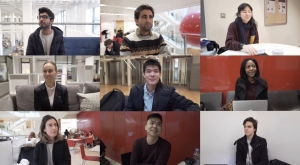Constitution UK wins Campus Technology Teaching and Learning Innovation award
LSE has been awarded with the Campus Technology Teaching and Innovation (pg30) 2016 award for their innovative work on the Constitution UK project which ran in early 2015. The Campus Technology article on the award was published on 17 August 2016.
Constitution UK was a collaborative project that aimed to crowdsource and hack the UK constitution. The project, led by LSE Professor Connor Gearty of the Institute of Public Affairs (IPA) in partnership with Learning Technology and Innovation (LTI), invited individuals to share views and ideas on what should be part of a UK constitution in the 800th anniversary year of Magna Carta. The project generated over 1 million words, thousands of ideas and tens of thousands of votes and resulted in the writing of an 800 word crowdsourced constitution of the UK. Over 1500 community members took part in this large scale public policy and learning project, with over 20 LSE students acting as moderators.
The project utilized innovative methods of engagement, used techniques such as ideation, crowdsourcing, informal learning and gamification conducted through an online platform (Crowdicity) in order to generate engagement that increased over the duration of the course. We engaged social media organisations and special interest groups to ensure successful integration of learning outcomes and the effective and representative engagement of the community in the platform. If you want to know more about the project you check it out here.
This prestigious Teaching and Learning Innovator award by Campus Technology magazine (an industry, leading magazine for online and blended learning professionals) recognises the project in that it ‘…delivered both a public policy success as well as a significant and innovative approach to online learning and engagement.’
“… The awards represent excellence in experimentation, design, collaboration and implementation, and the projects they recognize expand the possibilities for individual campuses and the field of higher education technology,” said Dr. John Hess, program chair, Campus Technology Conference.
“We are extremely proud to have been nominated and then selected for this prestigious award. It recognises an incredibly innovative project that delivered far beyond our wildest dreams. It also recognises the hard work and commitment of many academic and professional staff at the LSE” said Peter Bryant, Head of Learning Technology and Innovation. “It remains the most remarkable project I have ever worked on.” noted Paul Sullivan, the Manager of the IPA.

 In the spring of 2015 I finished my first year of American grad school. Coming from the German university system I knew it was going to be a Protestant re-education camp in terms of work load and ethic. By the end of that spring I had to write three sizeable papers in short succession and ‘time is of the essence’ took on a new meaning. Lucky for me some of my friends had just started using this writing set-up that streamlines all the things that take no brain but lots of time: citations, the bibliography, and worrying about the different format of citations when in footnotes vs. when in the bibliography.
In the spring of 2015 I finished my first year of American grad school. Coming from the German university system I knew it was going to be a Protestant re-education camp in terms of work load and ethic. By the end of that spring I had to write three sizeable papers in short succession and ‘time is of the essence’ took on a new meaning. Lucky for me some of my friends had just started using this writing set-up that streamlines all the things that take no brain but lots of time: citations, the bibliography, and worrying about the different format of citations when in footnotes vs. when in the bibliography.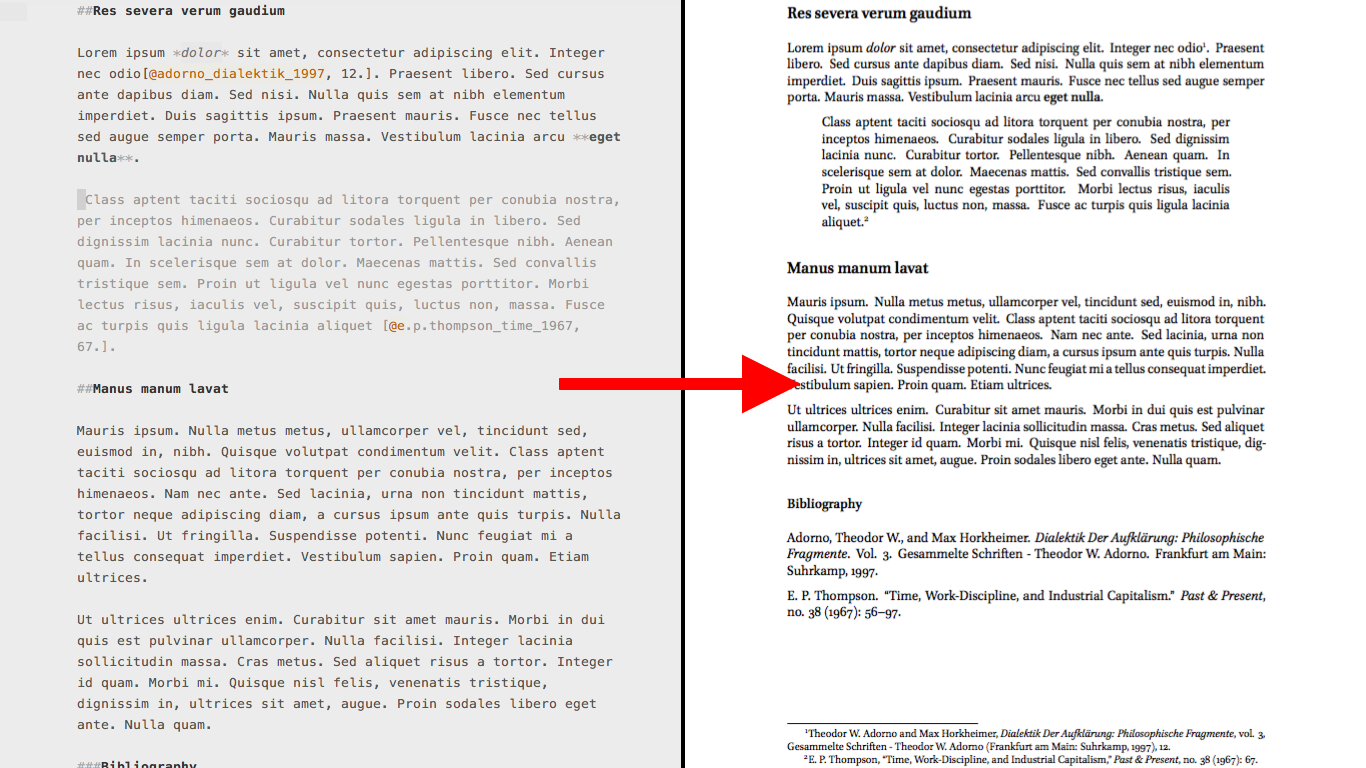
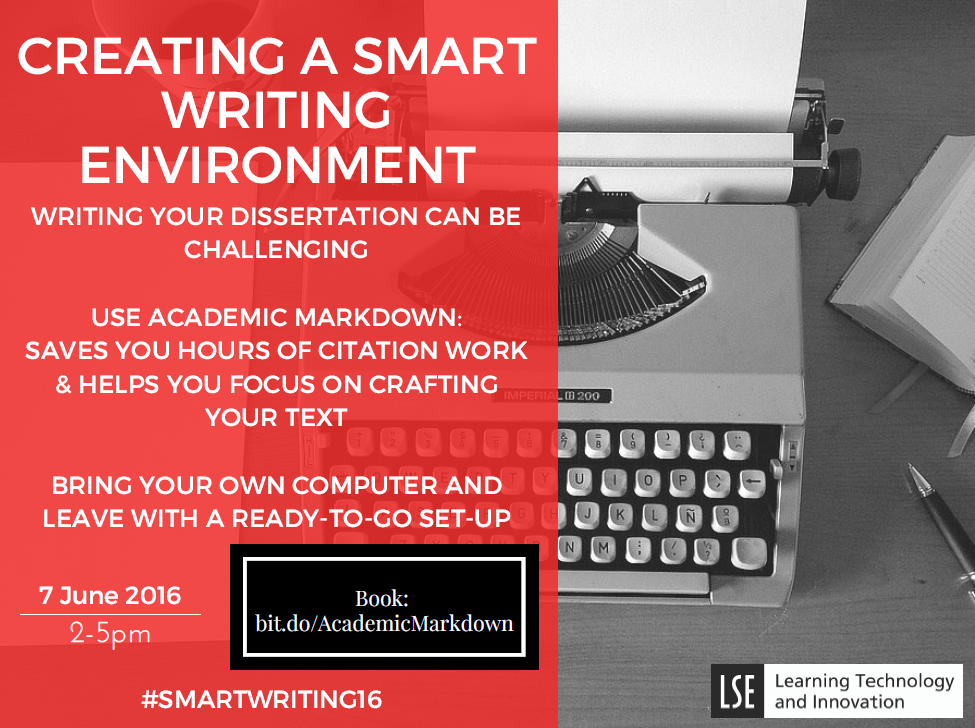


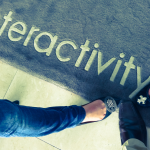 Gustav Meibauer and Andreas Aagaard Nohr, Department of International Relations – Development of PowerPoint-Based Simulation Games for Use in Undergraduate Teaching
Gustav Meibauer and Andreas Aagaard Nohr, Department of International Relations – Development of PowerPoint-Based Simulation Games for Use in Undergraduate Teaching
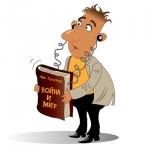 Olga Sobolev, Language Centre – Language Immersion in a Self-Study Mode: Revision e-Course
Olga Sobolev, Language Centre – Language Immersion in a Self-Study Mode: Revision e-Course Tobias Pester, Department of International History – Sustainable Autorship with Academic Markdown
Tobias Pester, Department of International History – Sustainable Autorship with Academic Markdown Susan Scott, Department of Management – Using Digital Innovation to Curate a Living History of Uber and Uberisation
Susan Scott, Department of Management – Using Digital Innovation to Curate a Living History of Uber and Uberisation
 Jennifer Jackson-Preece, European Institute – Narrating the Death (and Life?) of Multiculturalism
Jennifer Jackson-Preece, European Institute – Narrating the Death (and Life?) of Multiculturalism